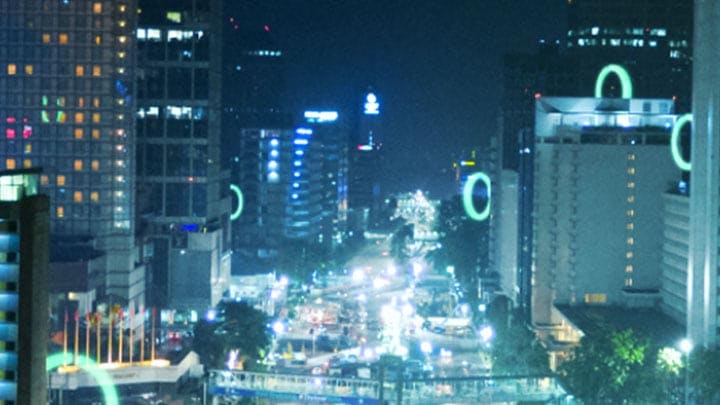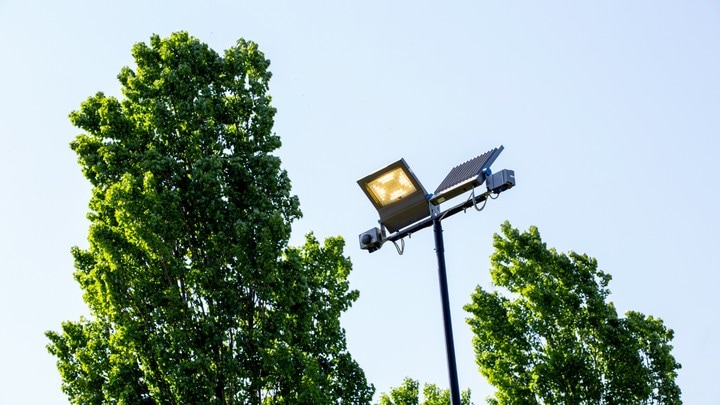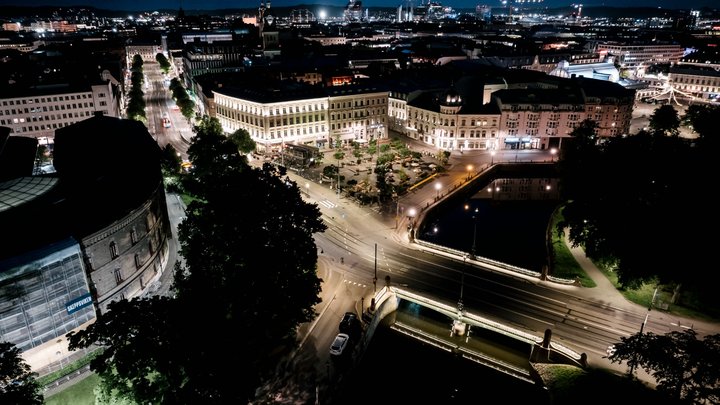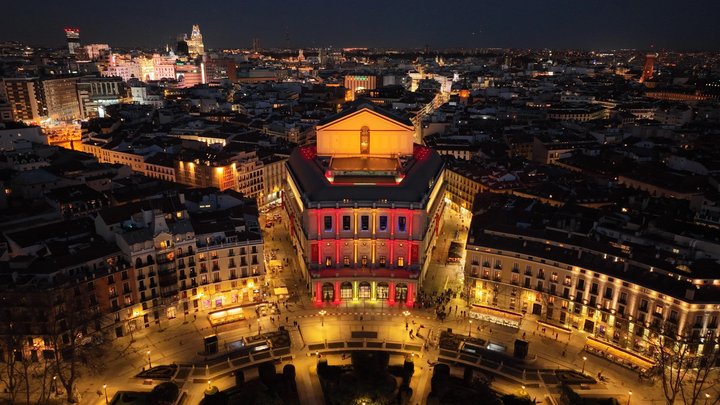- New 3D print facilities in US, India and Indonesia
- M&S throws weight behind sustainable lighting refurbishment
- Big brands take to bespoke eco-friendly luminaires printed on de
Signify launches tailor-made 3D printed professional luminaires for a circular economy and announces major win with M&S
November 14, 2019
Fashion and food retailer, Marks and Spencer (M&S), today announced it is in the first phase of rolling out thousands of 3D printed luminaires across stores in the UK by the end of 2020. It joins other major customers including Albert Heijn, SAS, Total and Praxis.
Signify’s investment in 3D printing further illustrates the company’s commitment to better serving its customers while reducing their, and its own, carbon footprint. A typical manufactured luminaire (excluding electronics and optics) has a 47% lower carbon footprint than a conventionally manufactured metal luminaire. Nearly every component may be reused or recycled, supporting the concept of a circular economy.
We are the first lighting manufacturer to produce 3D printed luminaires on an industrial scale, reinforcing our position at the forefront of lighting and sustainable innovation."
Olivia Qiu,
Chief Innovation Officer at Signify
“Printing luminaires provides a more flexible, fast and more environmentally friendly way to manufacture." We can create new, or customize existing designs, that fulfill customer needs quickly without huge investments and long development cycles. Customers can have their ideas brought to life in a matter of days rather than months and printing requires less energy. Our 3D printed luminaires have a lower carbon footprint than traditionally built metal luminaires. They weigh less, which enables us to reduce the carbon emissions in shipping by 35%. By keeping production close to urban areas, we reduce the footprint even further. And of course, LED lighting is more energy efficient than conventional lighting," she added.
Expansion plans
Signify already has a 3D printing facility at Maarheeze in the Netherlands. It aims to have up to 500 3D printers of different sizes with the ability to create luminaires up to 60 cm height and width. In January 2020, new Signify 3D printing facilities will be operational in Burlington, Massachusetts, US, serving both professional and consumer markets. Additional facilities in Noida, India and Jakarta, Indonesia will follow quickly after. LED lights will be integrated into the luminaires at all these sites.
Lighting for a circular economy
M&S, the high street retailer, is in the process of installing thousands of 3D printed LED luminaires from Signify in stores in the UK, including London, Manchester, Belfast as well as Dublin and Cork in Ireland. The project is part of a big renovation to improve store performance and generate significant energy savings. In the stores, different types of luminaires are being replaced by 3D printed LED versions. These bespoke products are sized to fit perfectly into the existing fittings ensuring the continued use of current ceiling tiles. The rollout is part of M&S’s commitment to use more sustainable technologies in its stores.
We’ve been working hard to create a greener, low carbon M&S for a number of years and were proud to become the first major retailer to be carbon neutral back in 2012."
Oliver Knowles,
Research & Development Manager within the Property Group at M&S
“3D printing has been around for a while, but these luminaires are the first real retail lighting application we’ve seen that improves the sustainability of our stores and are extremely complementary to our sustainability strategy. The potential for these fittings is enormous, both from an energy and cost-efficiency perspective. They are printed on demand to fit perfectly without need for adjustment or cutting into our ceilings. We can also return them to have them recycled and new designs printed, enabling us to be current and topical. M&S is leading the way as the first major UK retailer to take this step," Knowles added.
Albert Heijn, the Dutch supermarket chain, started using bespoke decorative pendants to enhance the atmosphere in its fresh food sections in over 100 stores in the Netherlands in 2017. Luminaires were printed in the style of fruit. In the meantime, other designs were deployed in multiple stores, in sections such as frozen food and coffee areas. The supermarket is able to refresh the designs by simply returning the shades to Signify which shreds them and prints new designs.
Online tailor, print and deliver fast service for consumers
Today, Signify also announced the rollout across Europe of the world’s first online service to enable consumers to tailor decorative luminaires. Included in the range is a customizable Philips LED table lamp made from 24 recycled CDs.
In 2018, 79% of Signify’s sales comprised sustainable revenues. The company is committed to be carbon neutral in 2020 and was recently named Industry Leader in the Dow Jones Sustainability Index for the third year in a row.
For further information, please contact:
Signify Corporate Communications
Elco van Groningen
Tel: +31 6 1086 5519
E-mail: elco.van.groningen@signify.com
Media Assets
About Signify
Signify (Euronext: LIGHT) is the world leader in lighting for professionals and consumers and lighting for the Internet of Things. Our Philips products, Interact connected lighting systems and data-enabled services, deliver business value and transform life in homes, buildings and public spaces. With 2018 sales of EUR 6.4 billion, we have approximately 27,000 employees and are present in over 70 countries. We unlock the extraordinary potential of light for brighter lives and a better world. We have been named Industry Leader in the Dow Jones Sustainability Index for three years in a row. News from Signify is located at the Newsroom, Twitter, LinkedIn and Instagram. Information for investors can be found on the Investor Relations page.

More press releases
-
-

February 19, 2026
Signify featured in S&P Global Sustainability Yearbook 2026 and earns Clean200™ recognition
-

